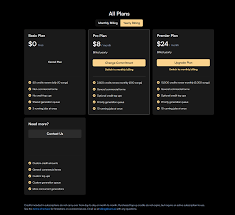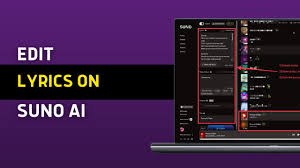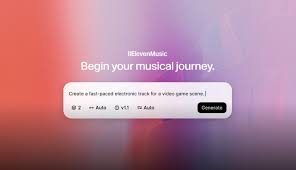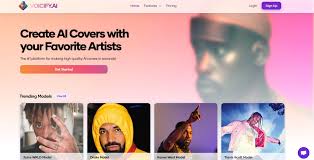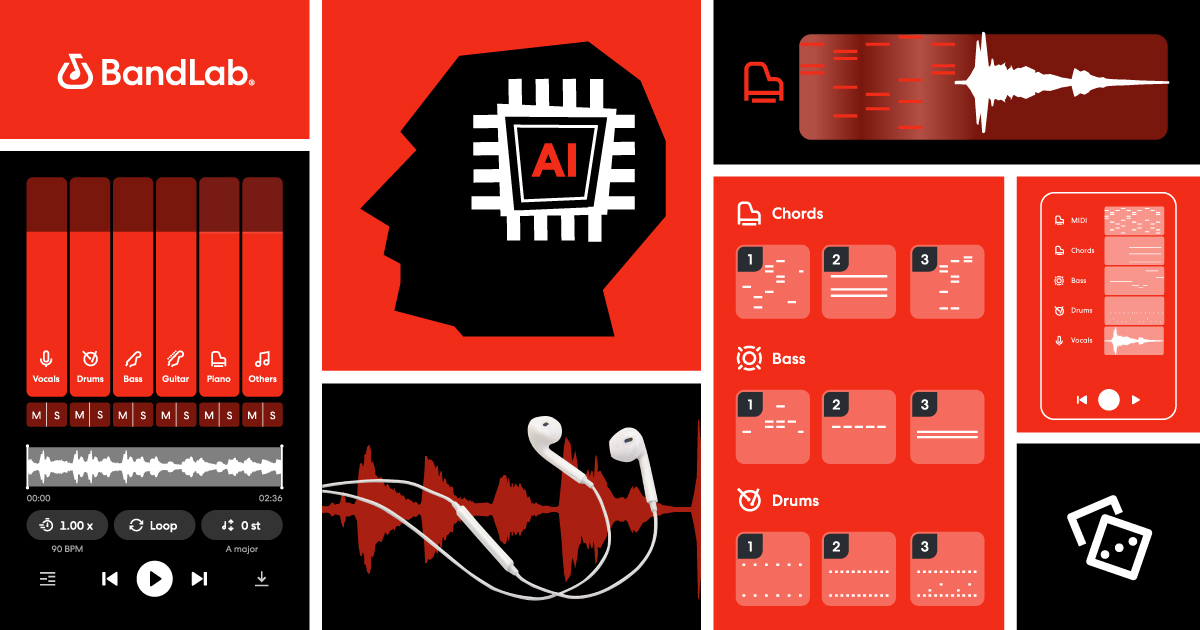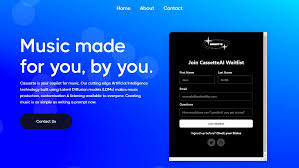Introduction: Navigating the Future of Music Creation
With the rise of generative tools like Suno AI and Udio, many creators are asking: Can I publish a song written by AI? Whether you're a hobbyist or professional artist, understanding the implications of AI-generated songs is vital for protecting your work and navigating the legal grey zones that surround them in 2025.
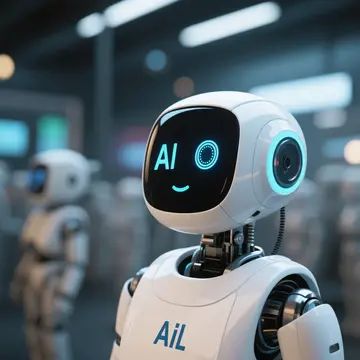
1. What Does It Mean for a Song to Be "Written by AI"?
An AI-written song refers to music and lyrics created—either partially or entirely—using artificial intelligence tools. These tools can:
Compose melodies
Generate lyrics
Mix tracks
Even perform vocals via synthetic voices
Popular tools include:
Suno AI
Udio
Soundful
AIVA
The big question remains: who owns the output?
2. Can You Legally Publish an AI-Written Song?
? Yes, but with conditions.
Publishing a song written by AI is possible, but it depends on:
Who used the AI: If you prompted the tool, you generally hold rights to distribute the result, depending on the platform's terms.
Platform Terms of Service: Most AI tools grant users commercial rights but may not allow for copyright registration.
Country Laws: Copyright laws vary. In the U.S., current policy (as of 2024–2025) states that AI-generated content without human creativity cannot be copyrighted.
3. Real Case Study: Ghostwriter977 and the Drake Clone
In 2023, a TikTok user named Ghostwriter977 released "Heart on My Sleeve", an AI-generated song mimicking Drake and The Weeknd’s voices. It went viral—but was quickly taken down by Universal Music Group.
Lesson: You can publish AI music, but using AI-cloned celebrity voices or styles without permission can violate publicity rights and copyright law.
4. How to Publish Your AI-Written Song Safely
To legally and successfully publish a song written by AI:
? Follow these steps:
Use platforms with clear commercial licenses (e.g., Udio, Suno Pro Plans)
Add human elements (melody tweaking, lyrics, arrangement)
Avoid using copyrighted materials or impersonating artists
Credit the AI tool used (helps with transparency and E-E-A-T)
Distribute via trusted channels (Spotify, YouTube, DistroKid)
5. Who Owns the Copyright of an AI Song?
If the song is 100% AI-generated with no human creative input, you can’t copyright it in many jurisdictions.
If you contribute meaningfully (editing lyrics, composing melody, arranging), you may claim copyright on the human-authored portions.
The AI company might retain partial or full rights, depending on its TOS.
6. Ethical & Creative Considerations
Publishing a song written by AI is more than just legal—it’s also an ethical decision:
Are you transparent about using AI?
Is the work original, or does it mimic others?
Does it devalue human artistry?
Balancing AI with human creativity can create unique, legally safe, and ethically responsible songs.
FAQ: Can I Publish a Song Written by AI?
?Can I release an AI song on Spotify or Apple Music?
Yes. As long as the AI tool grants commercial usage rights, you can distribute it like any other track.
?Can I copyright an AI-generated song?
Only if there's meaningful human input. Pure AI-generated songs typically aren’t copyrightable under U.S. law.
?Can I use AI to replicate another artist’s voice?
Technically possible, but legally risky. It can violate publicity rights and lead to takedowns or lawsuits.
?Do I need to credit the AI tool?
Not always legally required, but highly recommended for transparency and E-E-A-T standards.
Conclusion: AI Is a Tool, Not a Shortcut
So—can you publish a song written by AI? Absolutely, if you do it wisely. Think of AI as a co-creator, not a replacement. With smart use, clear licensing, and ethical intent, AI-generated music can open entirely new creative doors in the industry.

